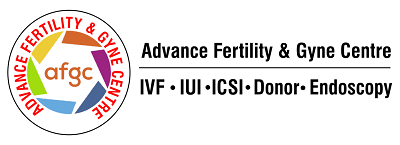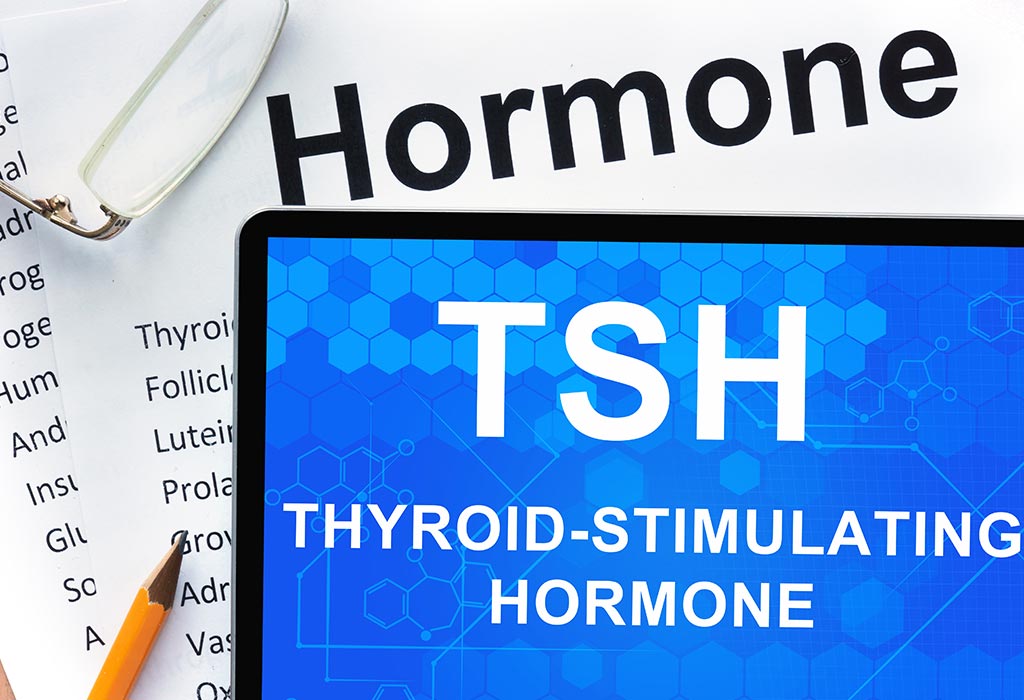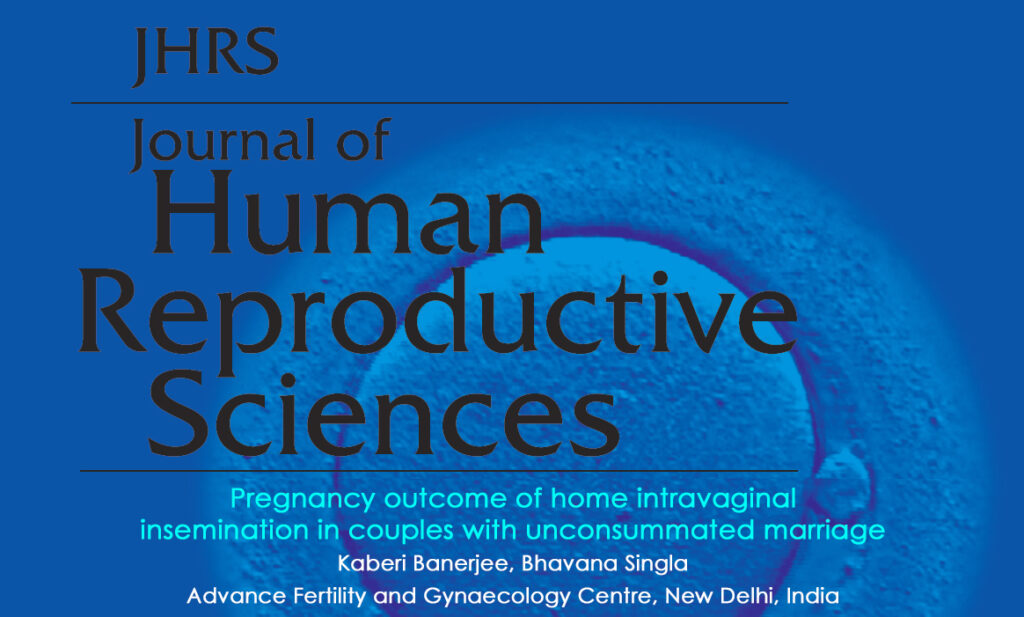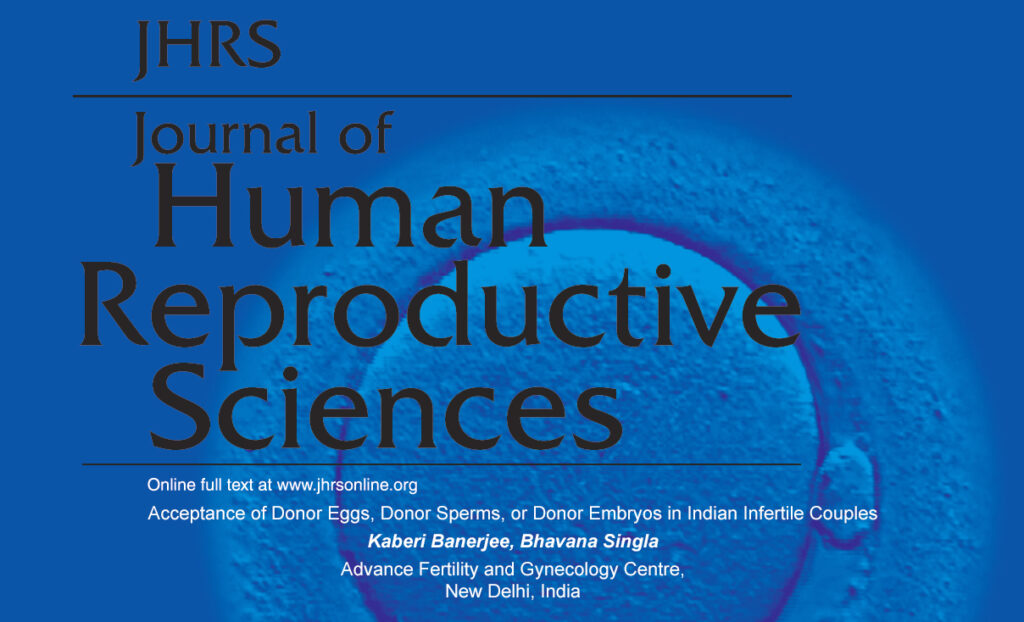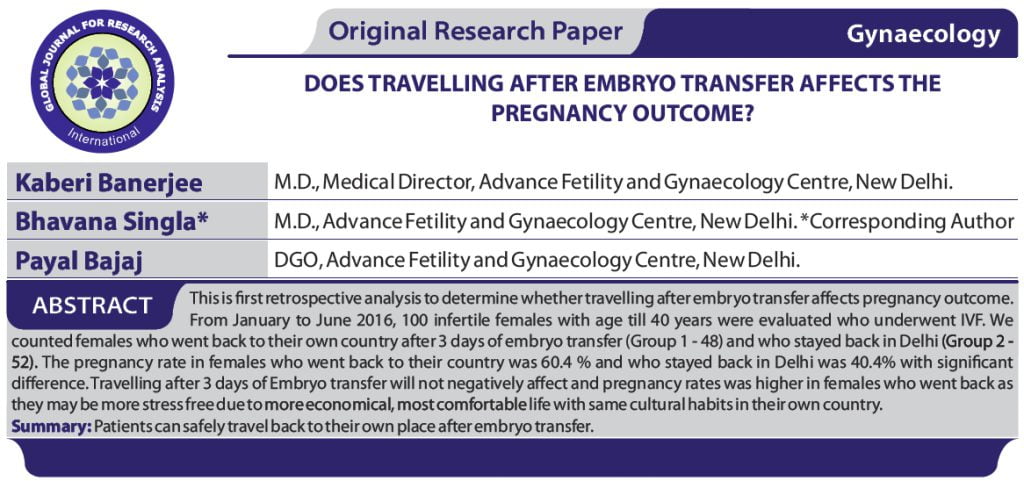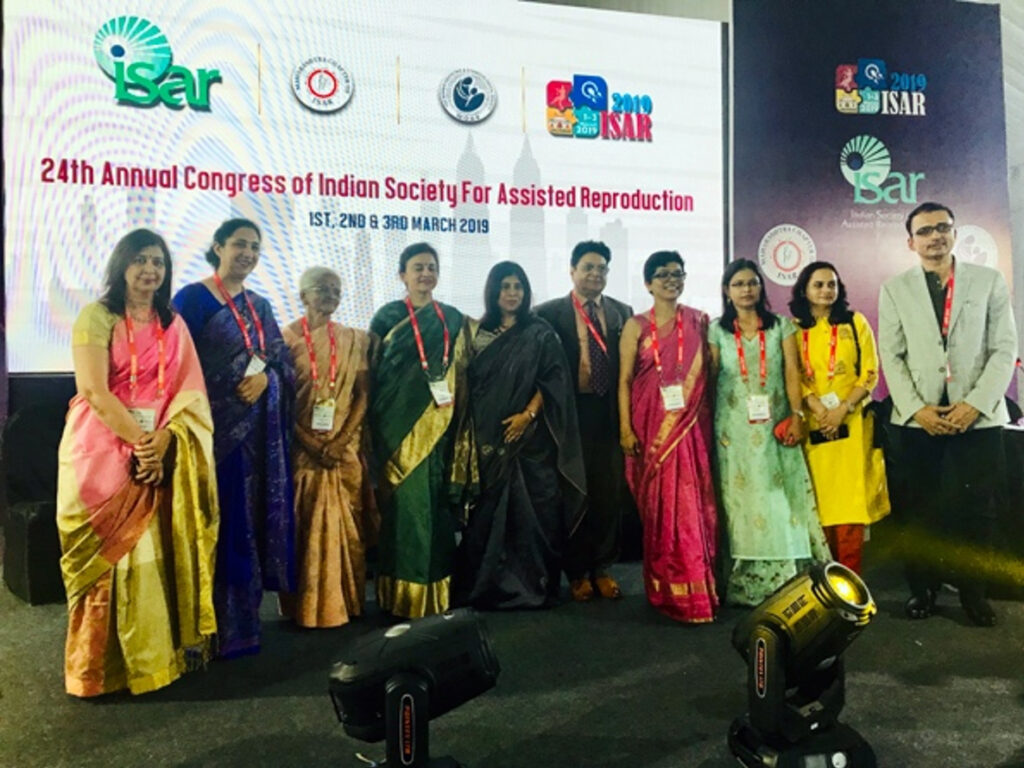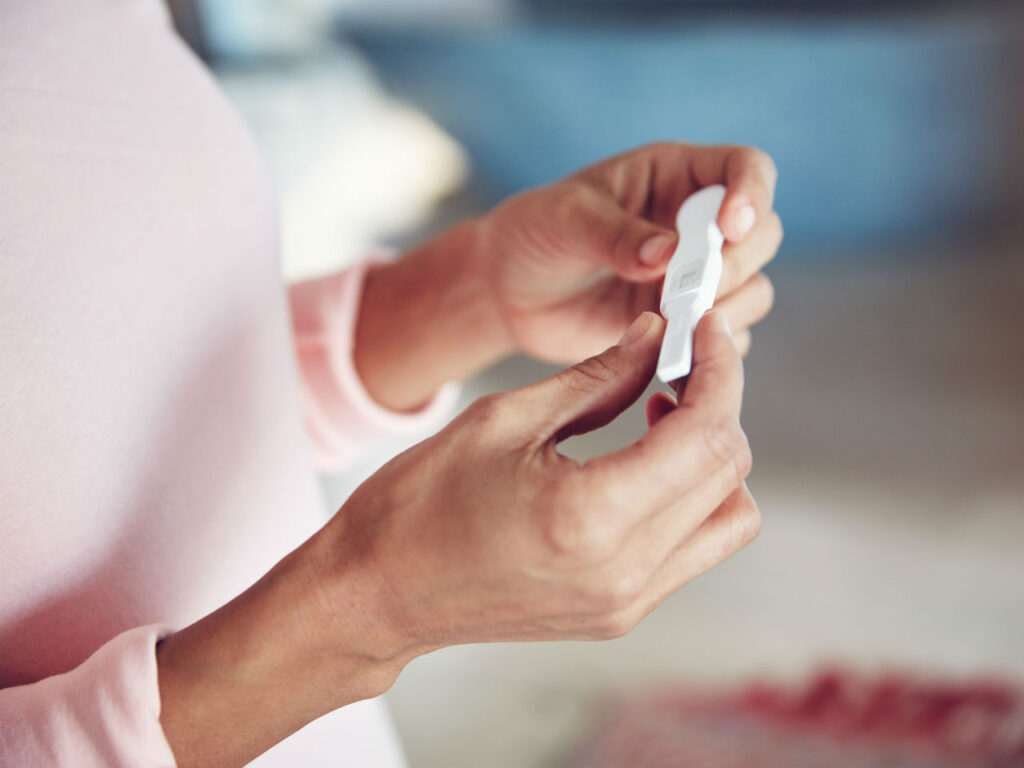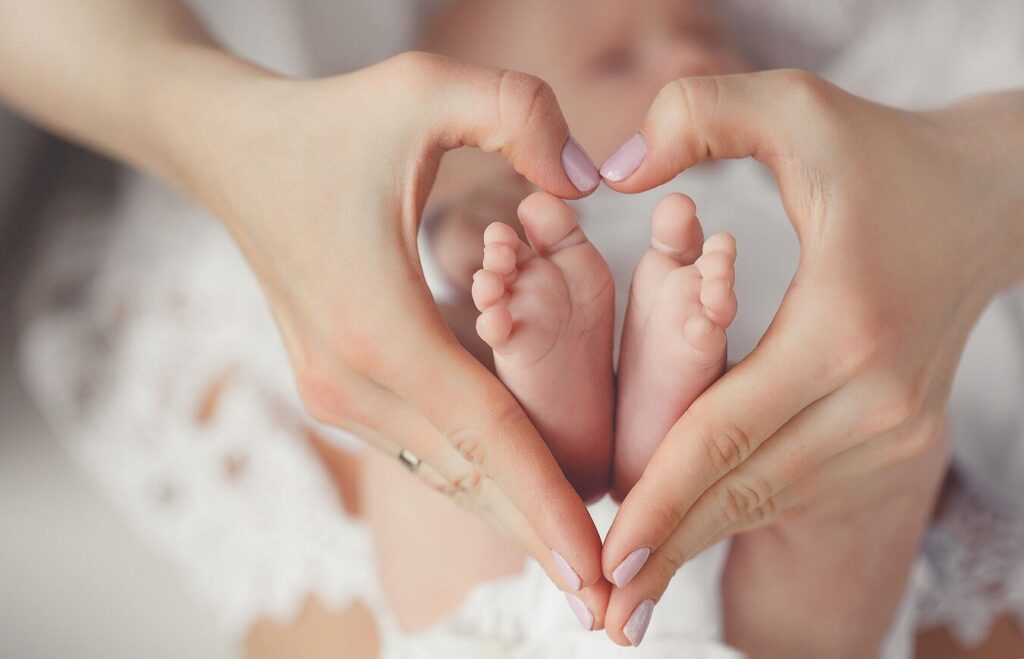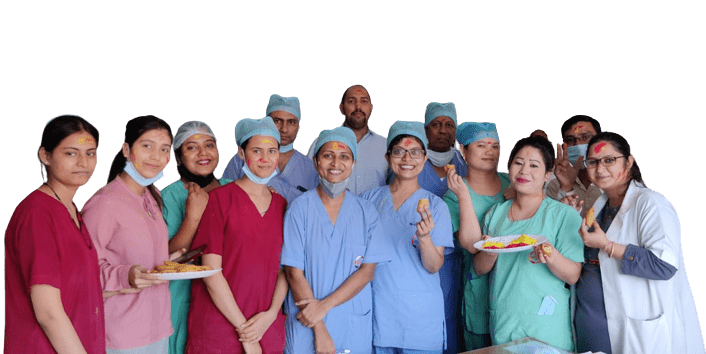Unconsummated marriage are mainly due to vaginismus or erectile dysfunction. They contribute to about 5% of couples in an infertility clinic. Their incidence is increasing in the metropolitan cities because of stressful lifestyles. Many of couples are advised intrauterine insemination as fertility treatment. However, home insemination is a simple, inexpensive and effective way of achieving pregnancy in such couples. We present the first study to document pregnancy rates of artificial home intravaginal insemination in couples with unconsummated marriage. Aim: To assess the pregnancy rates (PR) with intravaginal insemination (IVI) by couples with nonconsummation of marriage. Setting: Infertility outpatient clinic, New Delhi. Design: Retrospective analysis. Material and Methods: 55 couples of unconsummated marriage were evaluated in a period of two years. Group 1 contains 29 patients aged between 20 to 33 years; group 2 includes 14 patients aged between 33 to 36 years and group 3 includes 12 patients aged more than 36 years. Result(s): Unconsummated marriage was caused by vaginismus in 67% of the cases, erectile dysfunction in 22% and premature ejaculation in 11%. Clinical pregnancy rate was 69% in group 1; 43% in group 2 and 25% in group 3 after 6 cycles of AI. Conclusion(s): Intravaginal insemination is a simple, short, economical, effective and painless procedure for conception in nonconsummation of marriage.
